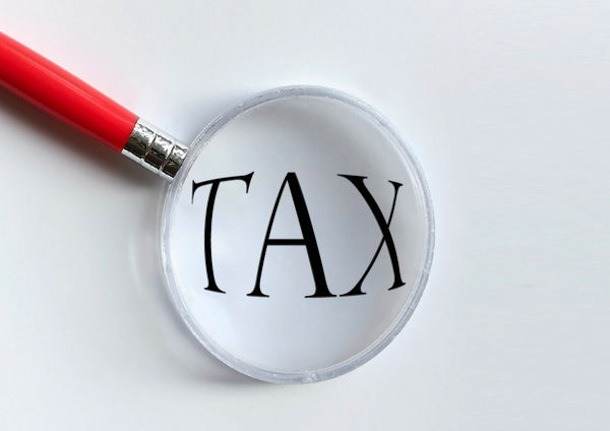By David Hetherington
Like the arrival of the jacaranda bloom, the GST hike made its annual appearance in Australia this week. This is the hardy perennial of Australian public policy, and the usual arguments were on hand to welcome its arrival.
The federation’s revenues are broken, Tony Abbott tells us, and the only way to fix them is to “look at” the GST. John Daley of the Grattan Institute argues that an increase would raise about $14bn, and would be a “necessary evil”. The Business Council hasn’t yet trotted out its standard line of linking the GST rise to a company tax cut, but one suspects it can’t be too far away.
These views represent a profound intellectual laziness among Australia’s policy elite. Few people question that we need to raise more revenue, but the notion that the only or even the best way to do it is through a higher GST shows an almost wilful disregard of other, better options. Here are five:
1. Reduce tax concessions on superannuation
The ATO estimated this concession costs the Commonwealth almost $40bn a year, with over 50% of it flowing to the top quintile of income earners. Simply shaving this concession, as Per Capita has proposed, could produce the $14 billion the GST rise is estimated to raise, without any adverse policy impact. The wealthy beneficiaries of the concession don’t need the pension anyway, and we could leave some concession in place for those who genuinely need help to avoid old-age poverty.
2. Abolish negative gearing
Australia is in a house price bubble which has made it near impossible for young owner-occupiers to buy first time homes, yet we still subsidise older, wealthier investors. The subsidy has done little to increase new supply, which should be its primary rationale. Conveniently this concession costs $13.8bn a year, almost exactly what the higher GST might raise.
3. Cut down on corporate tax avoidance
Company profit shifting to shelf companies in tax havens is calculated to cost Australia $8.4bn in lost revenue. Thanks to a raft of loopholes and concessions, nearly one third of ASX 200 companies pay an effective tax rate of 10% or less, despite a legal tax rate of 30%. Again, the revenue potential of tackling this avoidance is huge.
None of these options involves new taxes or raising existing ones. They simply involve the removal of concessions that have long outgrown their intended size and effect. Two other ideas suggest themselves:
4. Land taxes
In his 2010 review, Ken Henry called for consideration of a broad-based land tax in place of stamp duties. Land taxes offer several advantages – they can’t be offshored, they’re less exposed to changes in the economic cycle and they are progressive. The introduction of land taxes under state governments would lift the overall revenue base and give states much-needed control over their own revenue stream.
5. Tax socially costly activities
Finally, Henry also recommended that governments consider a range of taxes on socially costly activities, including congestion pricing, volumetric alcohol taxes and the elimination of gambling tax concessions. These are unlikely to raise as much revenue as a higher GST on their own, but they also reduce government spending to ameliorate the costs of these activities.
Many combinations of the above ideas would deliver just as much as a higher GST. And that’s before mentioning carbon pricing or resource rent taxes, the bates noires of the Australian tax debate.
So why the collective blindness? Why is the GST hike a “necessary evil”, and these other proposals greater, less necessary evils?
Well, it depends greatly on your point of view. The GST is regressive – it hits poor people harder than rich ones. So a GST hike is perhaps only a necessary evil if you have big super tax concessions and a negatively geared investment property. It is a disaster if you are a single mum, elderly, a pensioner or marginally employed.
The policy elite concedes that more revenue needs to be raised. But almost in the same breath, they dwell on what taxes might be cut with a higher GST rather than what services might be expanded.
And the word “evil” is especially revealing. It perpetuates a debate in which tax is framed as something to be minimised at all costs, rather than the price we pay for civilisation.

